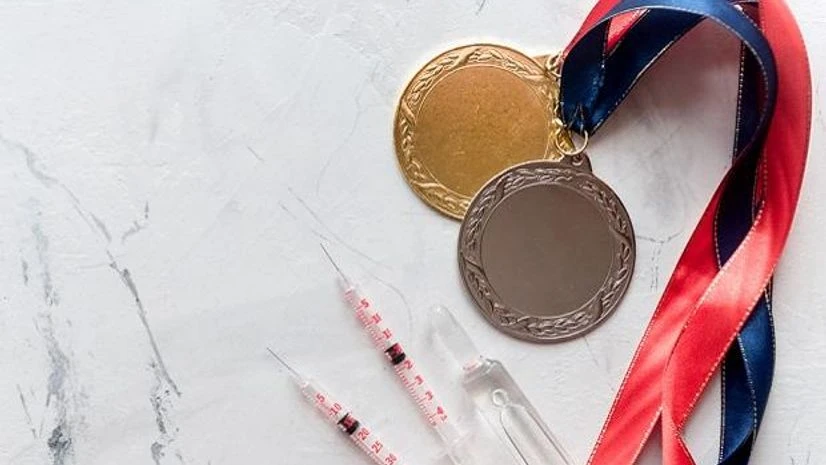India has emerged as the country with the highest percentage of doping offenders, according to the 2022 testing figures released by the World Anti-Doping Agency (WADA). The report revealed that out of 4,064 samples collected from Indian athletes (including urine, blood, and athlete biological passports), 127 individuals tested positive for banned substances, constituting 3.26 per cent of the sample size.
WADA report also found a 6.4 per cent increase in the total number of samples analysed and reported in its Anti-Doping Administration and Management System (ADAMS) in 2022, compared to the previous year. The percentage of AAF also increased to 0.77 per cent in 2022, from 0.65 per cent in 2021.
Samples in India were tested at the National Anti-Doping Laboratory (NDTL) at the JLN stadium. The analysis was based on failed drug tests among nations, with more than 2000 samples being tested by their respective testing laboratories.
Following India, South Africa ranked second with 80 doping failures (2.04 per cent from 4,169 samples tested), followed by Bangkok's testing laboratory in third place, reporting 1.93 per cent of its testing pool (3,402 samples), returning 65 cases of AAFs. The United States and Qatar secured the fourth and fifth positions, respectively.
India's doping violations outnumber those of major sporting nations such as Russia (85), the United States (84), Italy (73), and France (72). China conducted the highest number of samples testing - 17,357 during the counting period - with an adverse findings percentage of 0.25 per cent.
India also topped the list for the highest percentage of failed EPO-Receptor Agonists (ERA) tests conducted per laboratory (blood), with 11 cases or 1.8 per cent of adverse analytical findings (AAFs).
More From This Section
The findings of this report highlight the widespread issue of doping in the Indian sporting landscape and the urgent need to find ways of combating the issue. It also calls for a robust scientific and research infrastructure in the country. Additionally, the figures shed light on the lack of basic knowledge about banned supplements and medicines among Indian coaches, doctors, and physiotherapists associated with teams across various disciplines.
Speaking on the findings, Olivier Niggli, the director general of WADA, said, "An intelligence-led strategic in- and out-of-competition testing plan is an important element of any strong anti-doping program and it is not the only angle of attack. Implemented along with values-based education, intelligence and investigations, and other strategies, testing is an important method of detection and deterrence that helps protect athletes and keep sport clean."

)
